Russia: Sanctions by West cannot force Moscow to change course
Moscow says sanctions by the West against Russia over Ukraine war cannot force the Kremlin to change course, five months into a military operation in the ex-Soviet country.
On February 24, Russian President Vladimir Putin ordered a “special military operation” in Ukraine to demilitarize and 'de-Nazify' the ex-Soviet country and to “liberate” Donbas, composed of two breakaway regions of Donetsk and Luhansk.
Two days prior to the war, Moscow had officially recognized the two regions as independent republics. Luhansk has already fallen under the full control of Russian forces.
Since the onset of the operation, the United States and its European allies have supplied billions of dollars’ worth of weaponry to Ukraine and imposed waves of unprecedented sanctions on Moscow, despite Russia’s repeated warning that such Western flood of weapons will only prolong the war.
In a virtual press conference on Thursday, Kremlin spokesperson Dmitry Peskov stressed that such tough sanctions would not force Moscow to change its course in Ukraine.
“Even the harshest sanctions have never made countries change their position,” Peskov emphasized.
The Kremlin has time and again stressed that the Western flood of weapons and arrays of anti-Russia sanctions will not force Moscow to end the operation before achieving its objectives in the former Soviet republic.
'Hitches in gas delivery due to technical difficulties'
Elsewhere in his remarks, Peskov said Europe’s gas delivery problems are due to what he called “technical difficulties” created by Western economic sanctions, as the Nord Stream1 pipeline reopened following maintenance but with a decreased flow.
“Any technical difficulties linked to this are caused by those restrictions that European countries introduced themselves,” Peskov said at the presser.
Moscow has already significantly curtailed its gas supply to Europe – through the Nord Stream 1 pipeline that transports gas from Russia to Germany – by 40 percent, which has helped to push up European and British gas prices, prompting such gas-dependent countries to desperately find alternative suppliers and ways to tackle the shortage months ahead of the winter.
Peskov, however, stressed that accusations that Moscow was using gas deliveries as political blackmail were “completely” unfounded.
Putin warned on May 12 that the West’s sanctions would eventually backfire, stressing that “the continuation of the obsession with sanctions will inevitably lead to the most difficult consequences for the European Union.”
Data by the International Energy Agency (IEA) shows Russian natural gas flows to the EU have fallen below 100 million cubic meters a day in July compared with flows of almost 400 million cubic meters roughly this time last year.
Europe was on edge during the 10-day Nord Stream 1 repair works, fearing that Russia would not reopen the taps in retaliation for the sanctions.
Peskov said Russian state energy giant Gazprom is ready to “fulfill its responsibilities in full” but that Western sanctions “do not allow the repair of equipment” critical for its work. He said the technical reasons are associated “with the impossibility of proper technological maintenance.”
The Kremlin spokesperson further emphasized that the sanctions do not allow the proper “repair of equipment”, including the “turbines at compressor stations.”
Earlier this month, Yasmin Fahimi, the head of the German Federation of Trade Unions (DGB), warned that top German industries were on the verge of collapse due to cuts in Russian gas supplies.
Putin assured this week that Gazprom would meet all its delivery obligations. “Gazprom has fulfilled, is fulfilling and will fulfill its obligations in full,” he told reporters in Tehran after holding talks with the leaders of Iran and Turkey.
However, the Russian leader warned that as another gas turbine was due to be sent for maintenance at the end of July, energy flows could fall to 20 percent of capacity from next week.
Berlin has rejected Gazprom’s turbine explanation as an “excuse.”
UK pours more weapons in Ukraine
On Thursday, British Defense Secretary Ben Wallace said the United Kingdom would send scores of artillery guns and more than 1,600 anti-tank weapons to Ukraine in the latest supply of Western arms.
The batch of weapons will be sent weeks after British Prime Minister Boris Johnson pledged to send another 1 billion pounds ($1.2 billion) of military support to Ukraine, bringing total UK support to Ukraine since the onset of Russia’s operation to 2.3 billion pounds.
“Together with our international partners, we will ensure Ukraine has the tools to defend their country from Putin’s illegal invasion,” Wallace said in a statement, adding that the UK would also send counter-battery radar systems, hundreds of drones and more than 50,000 rounds of ammunition to Ukraine.
The UK has already provided Ukraine with a range of military equipment, including almost 7,000 anti-tank weapons, hundreds of missiles and armored fighting vehicles. Furthermore, it has been training Ukraine's freshly-recruited soldiers across England.
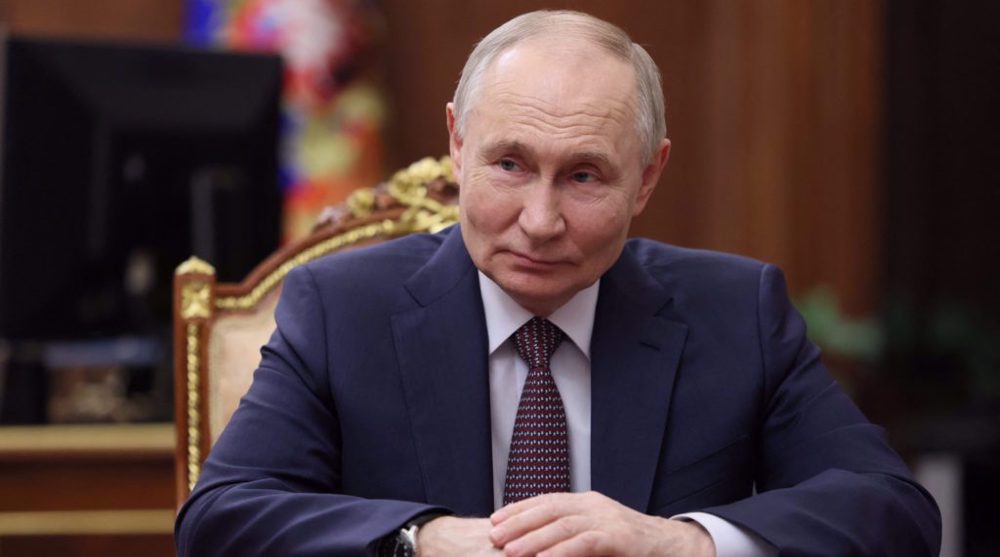
Putin says not opposed to Europeans’ involvement in Ukraine talks
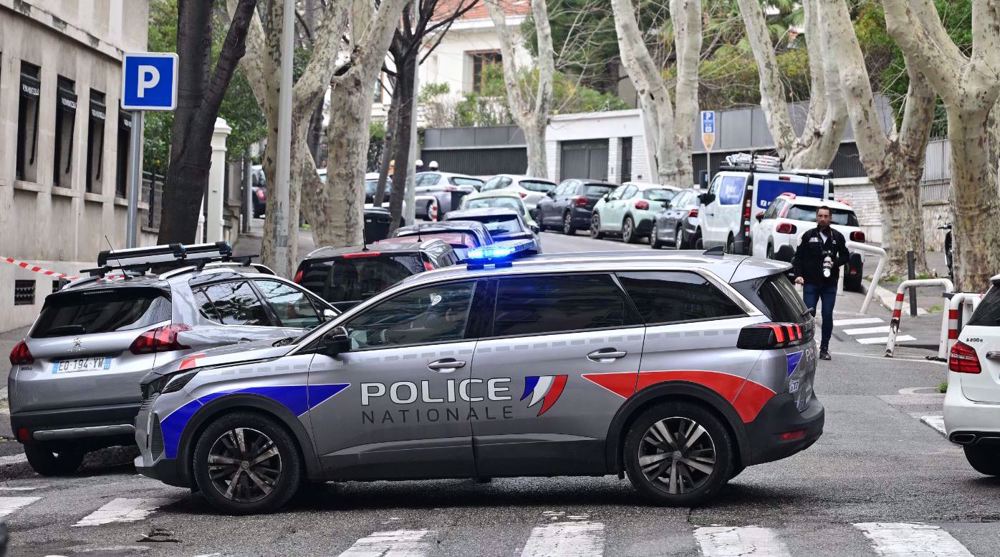
Russian consulate in France comes under attack on Ukraine war anniversary
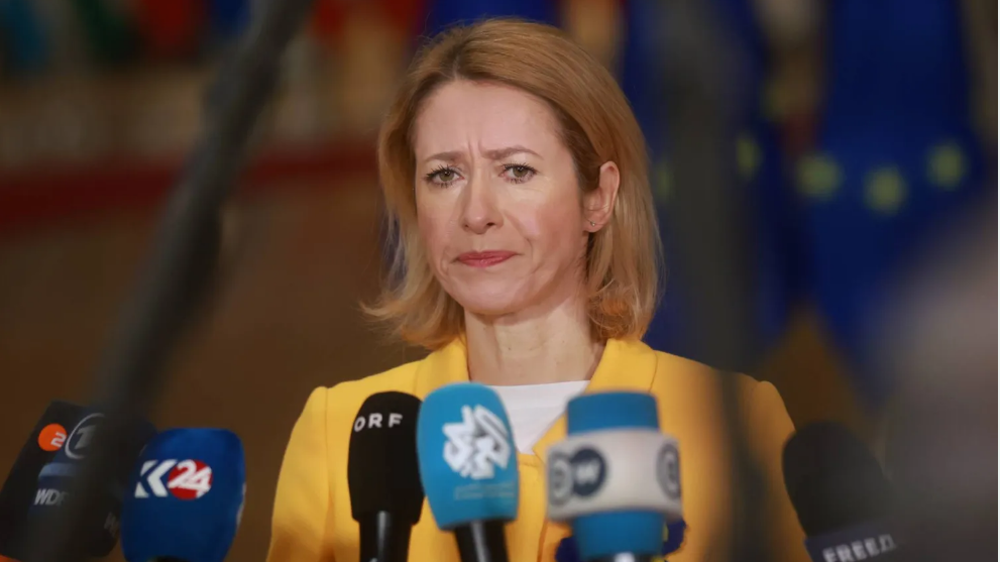
EU imposes new sanctions on Russia on third anniversary of Ukraine war
Hezbollah's display of power proved resistance cannot be eliminated: Iran parl. speaker
Israel escalates West Bank raids as official says regime seeking to complete Gaza genocide
Australian senator smeared by anti-Iran groups for saying Iranian women 'have a voice'
Palestinian man dies in Israeli prison as Foreign Ministry urges intl. probe into regime’s crimes
Putin says not opposed to Europeans’ involvement in Ukraine talks
VIDEO | Iranian Kurdish protesters demand European action against PKK, PJAK terror
VIDEO | Israel expands offensive in northern West Bank, deploys tanks to Jenin
VIDEO | Spaniards fill streets of Cádiz in solidarity with Palestine


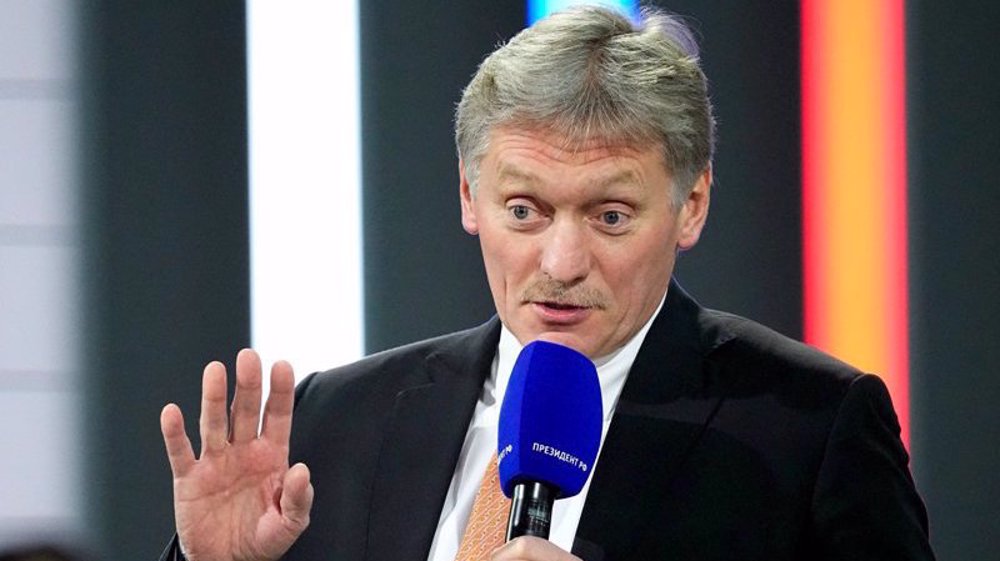
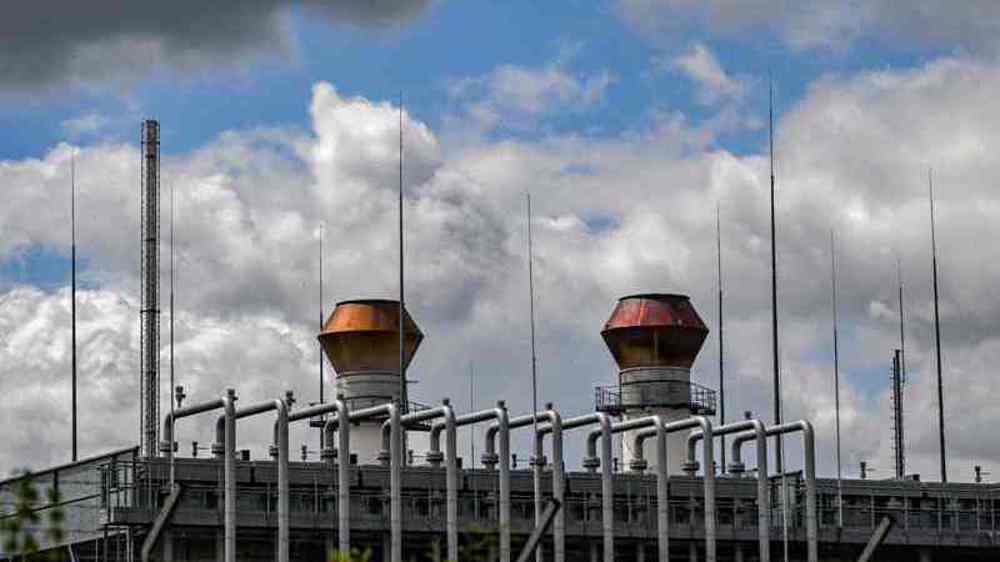
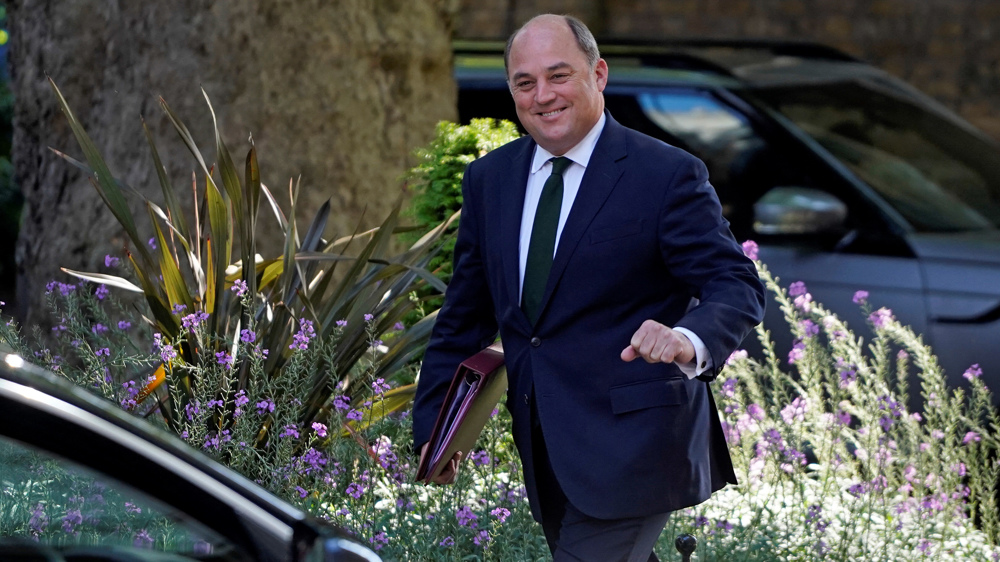




 This makes it easy to access the Press TV website
This makes it easy to access the Press TV website